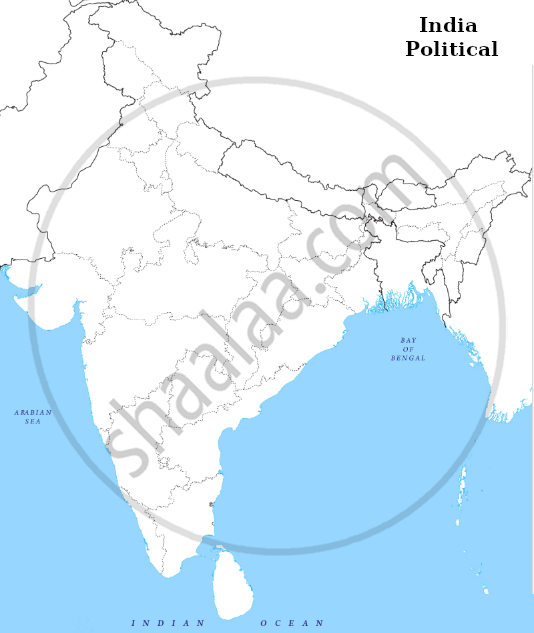Advertisements
Advertisements
Question
Explain the importance of the Non-Cooperation Movement.
Solution
- Gandhiji coupled non-cooperation with Khilafat and adjoined Hindus and Muslims to end colonial rule.
- These movements unleashed a surge of popular action that was altogether unprecedented in colonial India.
- Indians did not cooperate with the government at any level.
- Boycott of schools, colleges, and law courts.
- National schools and colleges were opened.
- Nonpayment of taxes.
- Renunciation of titles and voluntary association with the government.
- This movement changed the course of Indian history.
- poor peasants, workers, students, lawyers, and industrialists joined the movement.
- Hindus, Muslims, Parsees, and Sikhs were told to unite.
- Thousands of Volunteers joined the cause.
- Many officials resigned from their posts.
- Meetings were attended by all sections of people.
- Women participated in large numbers.
- It was training for self-rule.
APPEARS IN
RELATED QUESTIONS
Answer in 100-150 Words
How Did Mahatma Gandhi Seek to Identify with the Common People?
Answer in 100-150 Words
How Was Mahatma Gandhi Perceived by the Peasants?
Answer in 100-150 Words
Why Was the Charkha Chosen as a Symbol of Nationalism?
Write a Short Essay (250-300 Words) on the Following:
How Was Non-cooperation a Form of Protest?
A series of ‘Praja Mandals’ was established to promote nationalist creed in ______.
Who led the Khilafat Movement in India?
Gandhiji took back Non-Cooperation movement in ______.
Consider the following events:
- Jallianwala Bagh Massacre
- Khilaf at Movement
- Formation of Swaraj Party
- Arrival of Simon Commission
The correct chronological order of these events is:
In which Satyagraha, Gandhiji asked for the remission of taxes for peasants following the failure of their harvest?
In which year, Jallianwala Bagh Massacre took place?
What was the main demand of khilafat movement?
Consider the following statement regarding Rowlatt Satyagraha
- Rowlatt Act was passed in the year 1915.
- It was passed on the recommendation of a committee chaired by Justice CN Broomfield.
- This Act permitted detention without trial.
- Gandhiji called for a countrywide campaign against this Act.
Which of the above statements is/are not correct?
Match the following.
| List I | List II |
| A. Parallel government | 1. Dandi |
| B. Assassination of Mahatma Gandhi | 2. Amritsar |
| C. Salt Satyagraha | 3. Delhi |
| D. Jallianwala Bagh Massacre | 4. Satara |
Describe the circumstances that led to the initiation of Non-Cooperation Movement by Gandhiji. Explain the significance of this movement?
On the given political outline map of India mark and label of the follow with appropriate symbol:
The place where Jallianwala Bagh Massacre happened.

"As a consequence of the Non-cooperation Movement the British Raj was shaken to its foundation for the first time since the Revolt of 1857." Explain the statement with examples.
"Mahatma Gandhi's own role was vital in the growth of 'Gandhian Nationalism' but it also depended on his followers". Explain the statement with examples.
Assertion (A): Gandhiji called for a countrywide agitation against the Rowlatt Act.
Reason (R): British authorized the government to imprison people without trial.
Explain the role Gandhiji in Indian Freedom movement from 1916 till 1922.
Describe the causes and events of the 'Non Co-operation Movement'.
